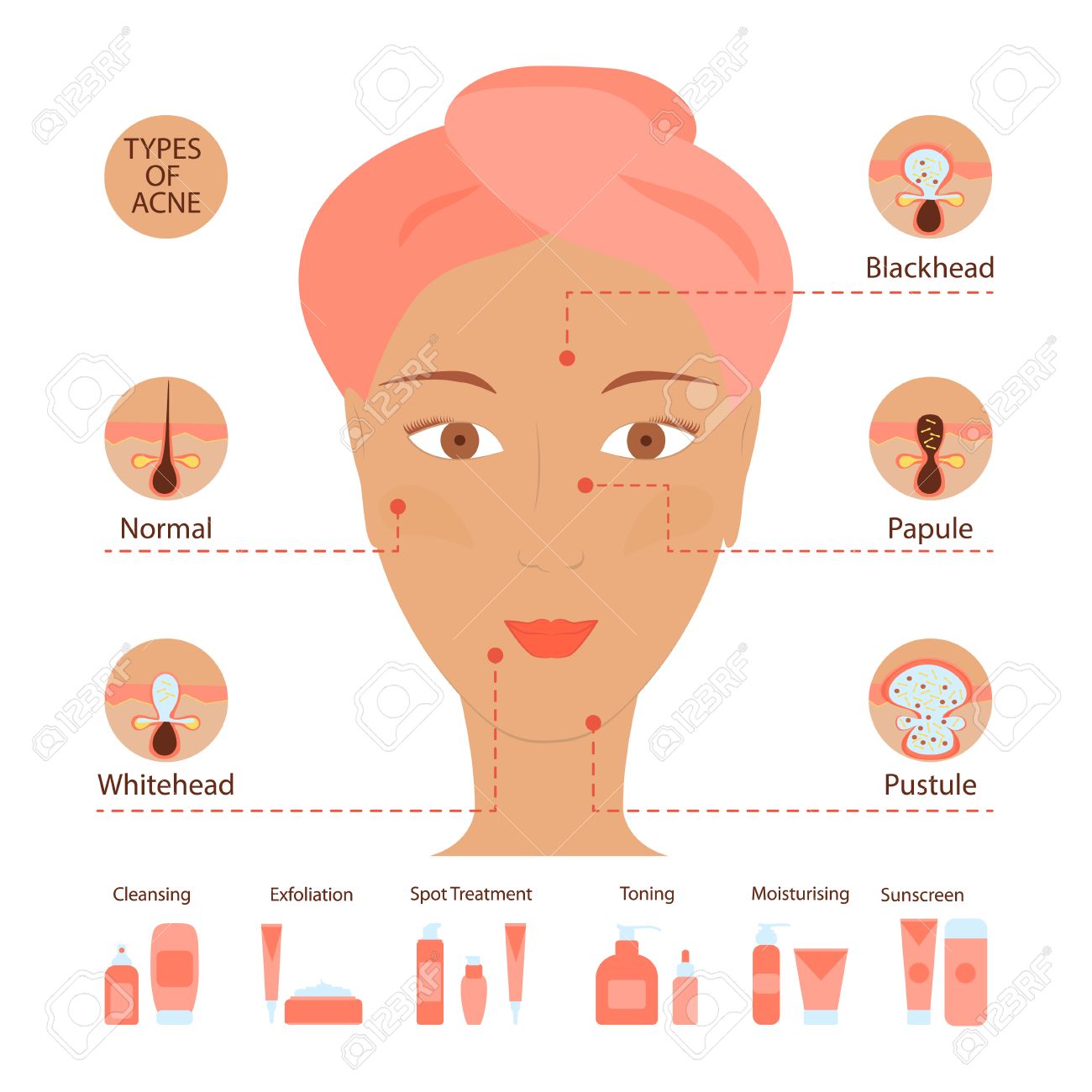Myths And Truths Concerning Acne: Debunking Common Misconceptions
Myths And Truths Concerning Acne: Debunking Common Misconceptions
Blog Article
Created By-Joyner Beyer
You may think that delighting in chocolate or greasy foods is the root cause of your acne, however that's just one of many myths swirling around this common skin problem. In Read Much more , acne primarily comes from stopped up hair roots, not your last dessert. Misconceptions like these can lead you to adopt ineffective skin care practices that may even worsen your situation. As you browse the facts behind acne, you'll uncover understandings that might transform your strategy to skin care and assist you accomplish clearer skin. So, what really lies underneath the surface area?
Common Myths About Acne
When it pertains to acne, lots of people rely on common misconceptions that can result in confusion and aggravation. One widespread myth is that consuming chocolate or greasy foods causes acne. While diet regimen can influence skin health, the straight link in between details foods and acne isn't as specific as lots of assume.
One more typical misconception is that you must scrub your face intensely to improve outbreaks. Actually, hostile scrubbing can aggravate your skin and get worse acne.
You could also think that acne only impacts teenagers, but adults can experience it also, typically due to hormone adjustments or stress and anxiety. Some individuals assume that sun tanning can clean up acne, but sun direct exposure can really bring about skin damages and worsen breakouts in the long run.
Lastly, numerous believe that making use of severe items will get rid of acne quickly. However, these items can remove your skin of its natural oils, causing boosted inflammation and more outbreaks.
Scientific Facts Behind Acne
Recognizing the clinical realities behind acne can empower you to tackle this typical skin problem better.
Acne happens when hair follicles end up being clogged with oil, dead skin cells, and microorganisms. This process frequently begins with an overproduction of sebum, the oil your skin naturally produces. Hormonal changes, especially throughout puberty or menstruation, can trigger this excess oil.
Microorganisms called Propionibacterium acnes grow in these blocked pores, resulting in swelling. When your body immune system responds, it can trigger inflammation and swelling, causing those annoying pimples or cysts.
Genes also contribute; if your parents had acne, you might be a lot more susceptible to it.
Diet plan and anxiety degrees can influence acne too, yet research is still developing in these areas. While indulging in greasy foods will not straight cause breakouts, a well balanced diet regimen can support your skin wellness.
Also, handling stress can decrease hormone variations that may aggravate acne.
Tips for Managing Acne
Managing acne properly calls for a mix of everyday skincare habits and way of life adjustments. Beginning by developing a constant skin care routine. Clean https://www.marketwatch.com/story/my-wife-spent-50k-on-cosmetic-procedures-it-horrifies-me-to-see-so-much-money-being-blown-on-something-so-frivolous-2021-03-08 with a mild, non-comedogenic cleanser to remove dust and excess oil. Prevent rubbing as well hard, as this can aggravate your skin and worsen acne.
Next off, incorporate items including salicylic acid or benzoyl peroxide to assist stop outbreaks. Constantly follow up with a light-weight, oil-free cream to keep your skin hydrated. Do not neglect sun block; choose non-comedogenic choices to safeguard your skin from UV damages without obstructing pores.
Past skin care, take note of your diet plan. Limitation sugary and oily foods, and concentrate on fruits, veggies, and entire grains. Remaining moisturized is vital, so drink a lot of water throughout the day.
Furthermore, take care of tension through tasks like yoga exercise, reflection, or exercise, as tension can trigger breakouts.
Finally, stay clear of choosing or standing out pimples. This can bring about scarring and more inflammation. If your acne continues, speak with a skin doctor for tailored treatment choices.
Final thought
Finally, it's necessary to separate truth from fiction when it comes to acne. By debunking usual misconceptions, you can much better recognize your skin and make educated selections for your skin care routine. So, why continue to believe in out-of-date concepts when the fact can encourage you? Embrace healthier practices, focus on gentle cleaning, and bear in mind that handling acne is a trip. With the ideal understanding, you're one step closer to more clear, much healthier skin.
